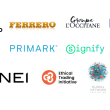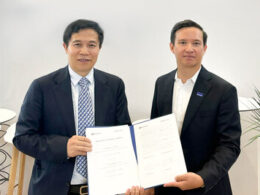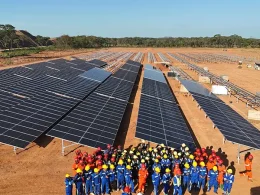OMV and Airbus have signed a memorandum of understanding (MoU) to accelerate the aviation industry’s transition to net carbon neutrality through Sustainable Aviation Fuel (SAF). This collaboration aims to reduce CO2 emissions in aviation, with SAF offering up to 80% lower greenhouse gas emissions over its lifecycle compared to conventional jet fuel.
The partnership will focus on enhancing access to SAF for various customer groups, stimulating demand and supporting large-scale investments in SAF production facilities. Both companies aim to expedite the testing and approval of new feedstocks and production pathways to ensure SAF availability at scale.
Additionally, OMV and Airbus will work to increase awareness of SAF’s role in decarbonising aviation, while recognising the importance of regulatory support and policies to drive the adoption of renewable fuels across the industry.
“Collaborative efforts across the aviation value chain are essential to establishing a resilient SAF industry and advancing the shift toward a more sustainable future. SAF is a key pillar of OMV’s Strategy 2030 and our journey to climate neutrality,” said Martijn van Koten, Member of the Executive Board and Executive Vice President Fuels & Feedstock at OMV AG.
“Achieving sustainable aviation relies on strong cooperation across industries. Partnering with OMV, a prominent European energy leader, marks a significant step in our efforts to scale up the production and adoption of sustainable aviation fuels. This collaboration aligns seamlessly with Airbus’ vision of creating a global net-zero aviation sector, and we are eager to work together to achieve our shared goals,” said Julie Kitcher, Chief Sustainability Officer and Communications at Airbus.
Sustainable Aviation Fuel is a critical solution for reducing the carbon footprint of aviation, helping the sector meet its 2050 climate targets. By investing in SAF infrastructure and production, OMV and Airbus are paving the way for a low-carbon future for air travel.
OMV has been producing SAF at its Schwechat refinery in Austria since March 2022, using locally sourced sustainable feedstocks, including used cooking oil. The company has already signed agreements to deliver 1.5 million tonnes of SAF by 2030.





















